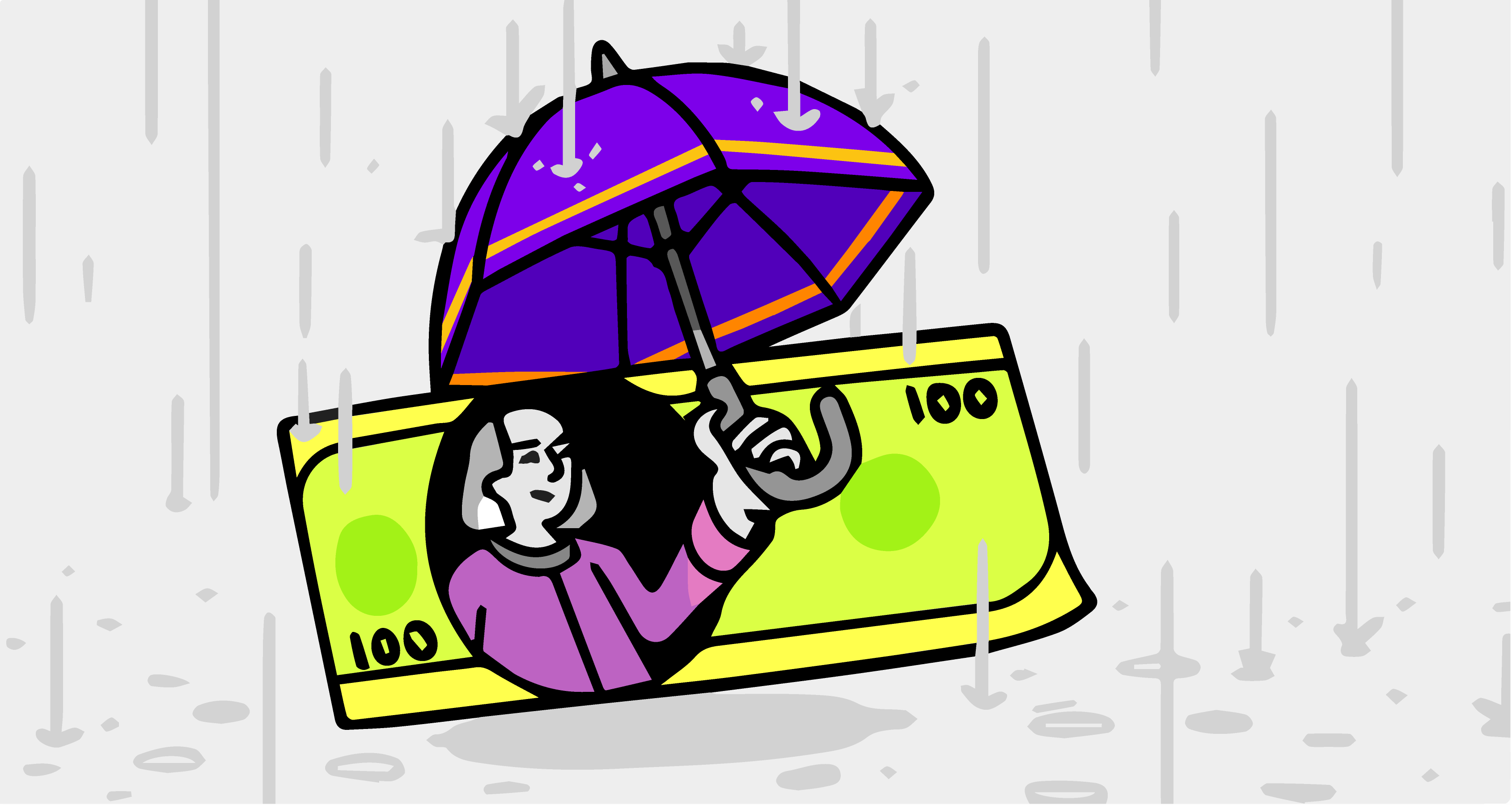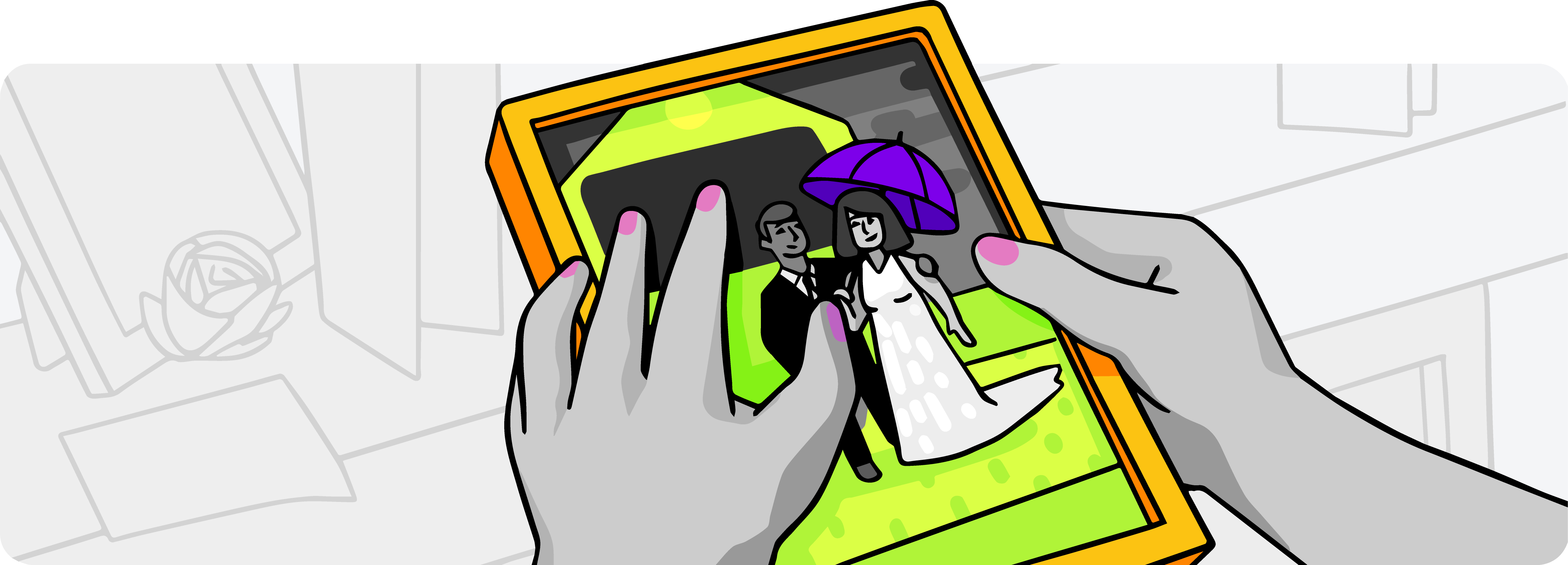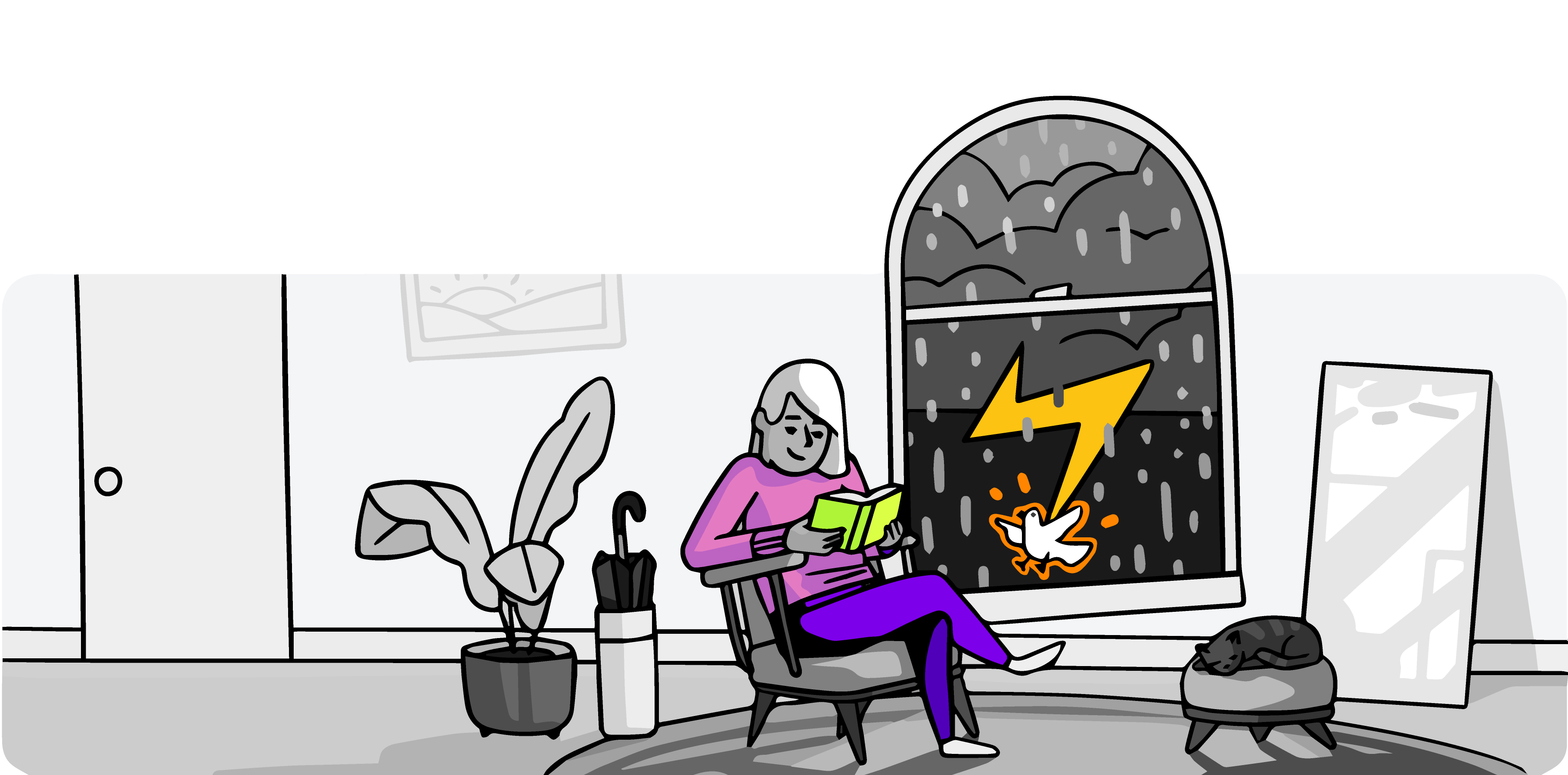Life is full of uncertainty. And if you stop and think about the countless things that can go wrong in a day, you'd probably head back to bed.
Luckily, there’s insurance. It's there to provide the comfort you need so you can live your life, even if there's dark clouds in the forecast. Not only does it reduce risk, it’s there to protect when that unexpected storm hits, and to help you rebuild afterwards.
Insurance can bring peace of mind, but selecting it can be overwhelming. It’s easy to get lost in a jumble of deductibles, policies and premiums. You’ve got questions — and we’ve got the answers to help you decide what protection you need.
What is insurance?
Insurance is a financial product that helps protect you from unanticipated losses. The losses covered are laid out in a contract called an insurance policy, which also tells you how much you pay for your coverage.

Types of insurance
It’s never fun to imagine something happening to yourself or your possessions. But misfortune and accidents hit everyone at some point.
You don’t want to find yourself unprepared. With the right insurance, you can feel confident that you, your family and your possessions are protected.
The main types of insurance you encounter on a daily basis are:
- Car insurance
- Life insurance
- Home insurance
- Tenant insurance
- Travel insurance
- Pet insurance
Car insurance
Auto insurance is a requirement for all vehicle owners in Canada. Failure to provide proof of insurance while driving can result in serious penalties such as license suspension, vehicle seizure and a significant financial penalty.
More: Car insurance
How much is car insurance in Canada
Insurance rates vary widely depending on a number of factors including owner, vehicle, usage and location details. Canadian drivers pay an average of $1,300 to $1,800 in car insurance premiums annually.

Life insurance
Life insurance is a contract between you and an insurance company that provides financial support in the form of a lump-sum payment, or death benefit to whomever is designated as a beneficiary upon your passing.
More: Life insurance
How does life insurance work?
Life insurance in Canada is obtained in exchange for regular premiums paid to the insurance company. The amount of the premium you agree to pay will dictate the payout that your beneficiary (beneficiaries) recieve.
Life insurance coverage can be purchased online or through an agent.
Is life insurance worth it?
While the decision to purchase a life insurance policy is a personal one, there are several common reasons why people choose to do so. The main reasons people purchase life insurance are to cover burial and funeral expenses, replace lost income after the death of a wage earner, and to provide an inheritance or legacy for their loved ones.

Home insurance
Home insurance is blanket coverage that protects you, your property and visitors to your property.
What does home insurance cover?
Home insurance can provide coverage for:
- damage or loss to your home
- damage, theft or loss of your personal possessions
- personal property that was stolen from your vehicle
- damage or injury caused to others who visit your home or property
- accidental damage that you cause to someone else's property
It may also help cover additional living expenses if you’re temporarily unable to reside in your home due to insurable events, such as fire or water damage, including staying in a hotel or renting an alternate residence.
More: Home insurance
Tenant insurance
Tenant insurance, also known as renters' insurance, provides protection for both you and your belongings whether you are renting a house, apartment or condominium. Coverage types vary based on province and policy choice, but typically tenants insurance includes coverage for property damage or loss, liability as well as living expenses should you need to leave your dwelling due to required evacuation.
It is not mandatory to have tenants' insurance in Canada.
Content insurance
As the name would suggest, content insurance covers just your belongings in the event of loss. Content insurance is an alternative option for renters who do not wish to include liability and living expense coverage in their policies.
It is not mandatory to have contents insurance.
Condo insurance
Condo insurance is a sort of hybrid of tenants and contents insurance with one important difference - it is often required to have if you are a condominium owner. Condo insurance covers damage to, or loss of your property, as well as provides liability coverage should you or someone else get injured while on your property.
Difference between tenant and content insurance
The main difference between tenant and content insurance is that tenant insurance includes liability coverage and can include living expenses should you need to evacuate the property, whereas contents insurance covers only the things you own.
Difference between tenant and condo insurance
While tenant insurance is optional, most condominiums in Canada require you have condo insurance. Condo insurance, unlike tenant insurance, also covers property damage that would otherwise be covered by a landlord if you were a renter.
How to get tenant insurance
If you're interested in tenant insurance, you can easily get a free quote online. Before you do, it's important to have some information handy.
Make a detailed inventory of your personal belongings and estimate their value. This will help you determine the amount of coverage you need. Once you've taken inventory, you can research and compare insurance providers, reading reviews to find a reputable one that meets your needs.
Once you've chosen a provider, complete the application process, which may include providing additional documentation and proof of your belongings' value.
More: Tenant insurance
Travel insurance
While travel insurance for Canadians is not required, it is highly recommended to ensure protection against any unforeseen illness, injury or personal property loss that may occur while abroad. There are multiple options for purchasing travel insurance, including:
- Buying it through your travel agent.
- Working with an insurance broker to find a policy that fits your needs.
- Checking if your employer's insurance provider offers coverage for work-related travel.
- Researching and purchasing a policy directly from a credit card company
More: Travel insurance
Pet insurance
In Canada, pet insurance operates similarly to numerous other insurance types. You are required to pay a regular monthly fee, known as a “premium.” Subsequently, should your pet encounter a sudden illness or injury, your insurance provider will reimburse a fraction of the incurred expenses, up to a predetermined percentage. Below are some examples of expenses that are typically covered by pet insurance:
- Accidents
- Sudden illnesses
- Emergencies
- Diagnostic exams
- Medical confinement
- Urgent attention
- Prescriptions
- Surgical procedures
More: Pet Insurance
How to save on insurance costs in Canada
Insurance can set you back - but if you do your homework (by that, we mean some research), you can save money when shopping for any type of insurance. Here are a few tips on how to save money on insurance.
- 1.
Shop around and make sure to get quotes from at least three different insurance companies.
- 2.
Bundle your insurance - by purchasing multiple insurance plans, you’ll get a better rate.
- 3.
Take advantage of incentive options, such as installing an anti-theft device on your car.
- 4.
Join an affiliate group - some insurance companies offer discounts if you belong to affiliated unions or post-secondary programs.
Disclaimer
The content provided on Money.ca is information to help users become financially literate. It is neither tax nor legal advice, is not intended to be relied upon as a forecast, research or investment advice, and is not a recommendation, offer or solicitation to buy or sell any securities or to adopt any investment strategy. Tax, investment and all other decisions should be made, as appropriate, only with guidance from a qualified professional. We make no representation or warranty of any kind, either express or implied, with respect to the data provided, the timeliness thereof, the results to be obtained by the use thereof or any other matter.


-1690209700-1696270762.jpg)

-1698071245.jpg)